When Brian Lapsley was in his early 20s he saw first hand the devastating impact battling womb cancer had on his mum.
The Kirkcaldy firefighter had no idea then that her type of cancer could be caused by a genetic condition called Lynch syndrome.
The only way for the 32-year-old to find out if he had this condition was to go for a test along with his older brother and sister.
But initially Brian didn’t want to do it.
“I said no to start with because I hated seeing my mum go through her treatment.
“My uncle Frazer, my mum’s brother, was also diagnosed with pancreatic cancer not long after she was.
“I was in my mid 20s at the time and I just felt I would rather live my life not knowing.
“I was scared to find out the answer.”
But after having a re-think, Brian decided to take the test to discover if he had Lynch syndrome.
And the result proved to be life changing for the former gym instructor.
What is genetic condition Lynch syndrome?
It is estimated around one in 400 people in the UK have Lynch syndrome.
It is a genetic condition that can run in families.
Having the disorder increases the risk of developing many types of cancer, particularly colorectal cancer and endometrial cancer.
When was Brian’s mum diagnosed?
Brian was 23 when his mum Linzi was diagnosed with womb cancer in 2016.
At the time she was in her mid 50s.
“I had not long started working as a gym instructor in Kirkcaldy and I remember the day she got the phone call,” Brian says.
“I was sitting on the couch and could see her getting upset.
“When she came off she started crying and I remember going over to comfort her.
“She told me she had been diagnosed with cancer and I couldn’t believe it. It came as a big shock.”
At the same time as his mum’s diagnosis, her brother Frazer – Brian’s uncle – was also told he had pancreatic cancer.
He had treatment but his cancer was terminal and he passed away a couple of years after he was diagnosed.
Meanwhile, Linzi went on to have surgery as well as chemotherapy and radiotherapy.
She ended up being given the all-clear.
Being tested for the genetic condition
After finishing cancer treatment, Linzi continued going to hospital for regular check-ups.
And it was during one of these check-ups that the Kirkcaldy mum-of-three was told her womb cancer may have been caused by a genetic condition.
As a result, Brian and his siblings were advised to get tested.
“Initially I didn’t want to take the test,” Brian says.
“When you hear the word ‘cancer’ you think of all the negatives so it really freaked me out and scared me a lot.
“To be fair it still does.
“But then my brother Craig and my sister Vicki spoke to me about it.
“She was saying that we needed to get the test done.
“She said if we get checked and there is cancer, then it could be caught early.
“My sister lives down south.
“But Craig just lives up the road from me so he was like ‘we’ll go and get the test done together’.
“So in the end I gave in. And I am so glad that I did.”
What happened when Kirkcaldy’s Brian went for cancer test?
Brian and Craig went to Victoria Hospital in Kirkcaldy to have the test done.
A blood test can be used to check for genetic mutations that cause Lynch syndrome. This test can help determine if you are at risk of developing cancer.
Brian says: “We had to give a blood sample which I remember because I am not very good with needles.
“And a month or so later we were contacted by letter.
“The results were that me and my sister had Lynch syndrome but my brother luckily didn’t.
“Pamphlets explained that having the hereditary condition meant we would be more susceptible to getting stomach, colon and bowel cancer.
“We were also advised to take an aspirin each day to lower the chances of getting stomach cancer.”
What was Brian’s reaction to the test results?
Brian reveals how he felt when he learned he had Lynch syndrome.
“When I first found out I was gutted,” he says.
“I felt deflated because I knew I would have to live with this for the rest of my life.
“But then I realised from everything my family had told me I was better to know.
“I am glad I went.
“Now I can get checked and if there is anything it is going to be caught early and it can be treated.
“Whereas if I didn’t get tested, I would never know there was anything wrong.”
Having a regular colonoscopy
Following the test results, Brian was told he would need to have a colonoscopy every 18 months.
A colonoscopy is a medical procedure that examines the large intestine and rectum.
It helps to find polyps or cancer.
“They are able to give you the results there and then unless they come across something unusual and they might need to take a biopsy to test.
“But so far I have been fine.”
Brian says his sister has been fine too and they keep in regular contact.
“It has been good that my sister and I have each other so we can talk about it and support one another.”
Support from family and friends
Brian has had a lot of support from family and friends, particularly from his girlfriend Kayleigh Smith, 29.
“She has been really supportive and it has been good to talk to her.
“But she has been affected by cancer too.
“At the end of last year she had a mole which turned out to be skin cancer and she had that removed.
“Then in November last year that she found lumps under her left arm.
“The following month she was diagnosed with stage one Nodal marginal zone lymphoma.”
Kayleigh is currently being treated with steroids and will be going for further checks to see if more treatment is needed.
Brian adds: “So for as much as Kayleigh has supported me I have also been supporting her while she has been going through this.”
Cycling for Cancer Research
Brian’s mum, Kayleigh, a close work colleague plus a number of Brian’s family members have all been diagnosed with cancer.
So this is why Brian has decided to do a 500-mile fundraising cycle from Kirkcaldy to the Emirates Stadium in London from March 10 to 14.
He is raising money for Cancer Research UK and has collected over £1400 so far.
Brian, who is a big Arsenal fan, chose the Emirates Stadium as it is the home of his favourite football club.
He says: “With cancer affecting my family, Kayleigh and my work colleague being diagnosed, I decided to do a fundraising cycle for Cancer Research UK.”
He adds: “As hard as this cycle will be for me, it is nothing compared to how hard it has been for them and that is more than enough motivation for me to do this.”
Anyone wanting to donate to Brian’s cycling fundraiser can do so here
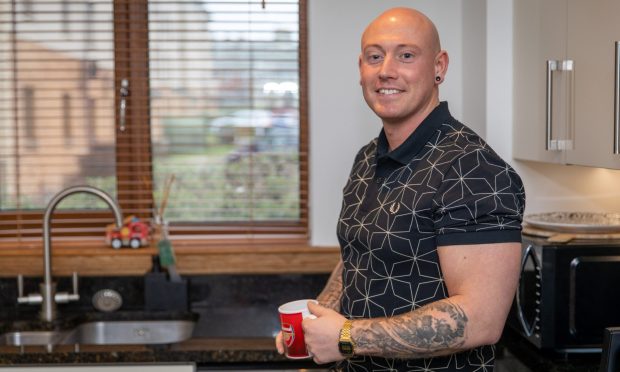
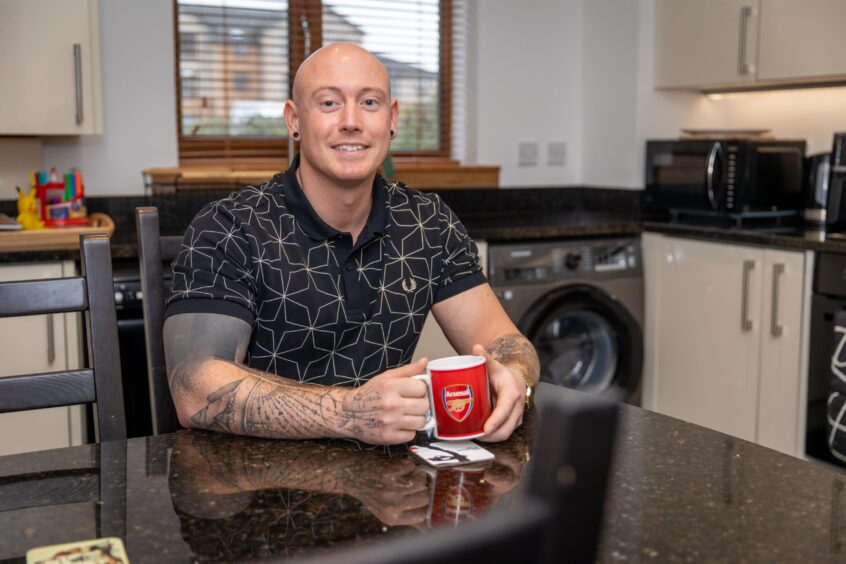
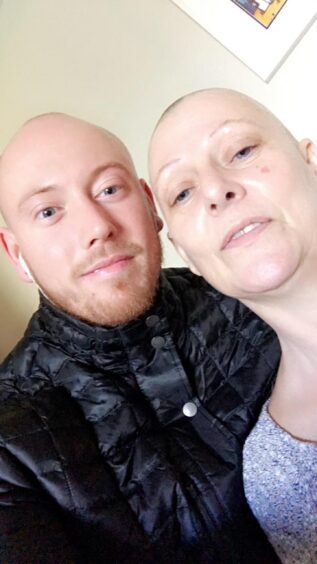
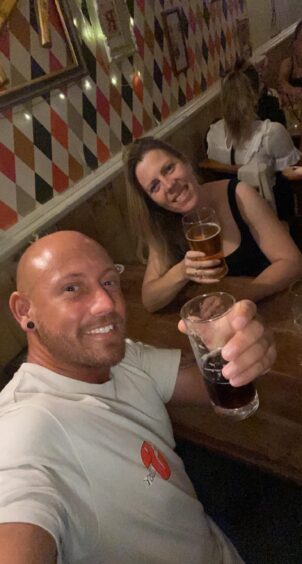
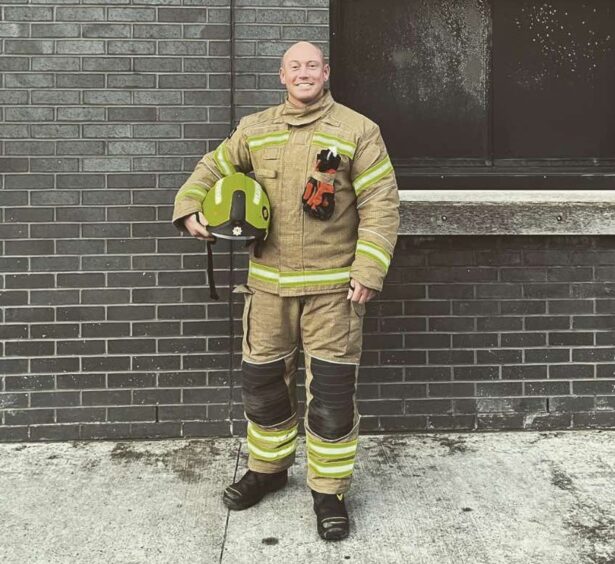
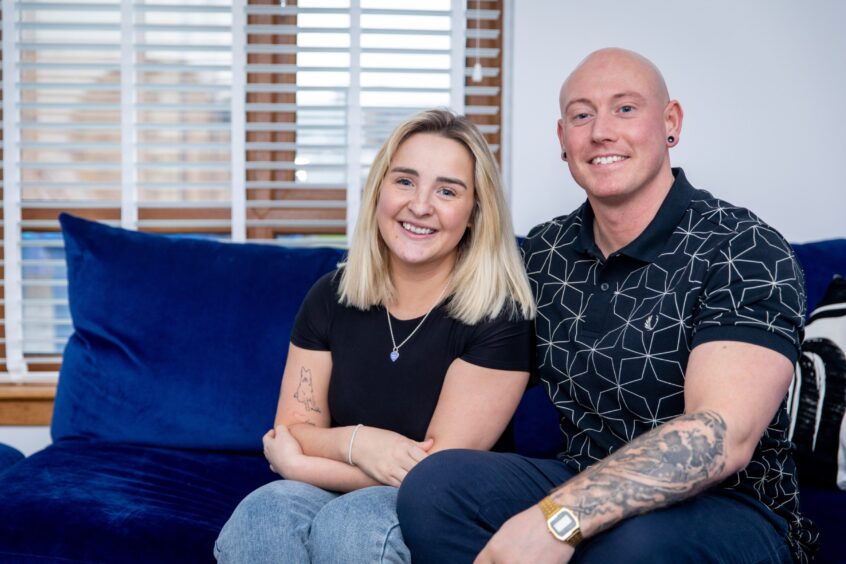
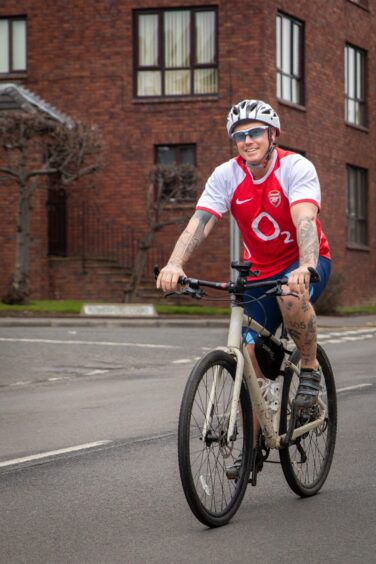
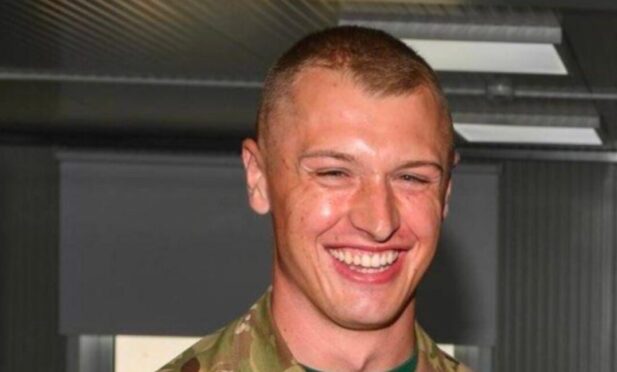
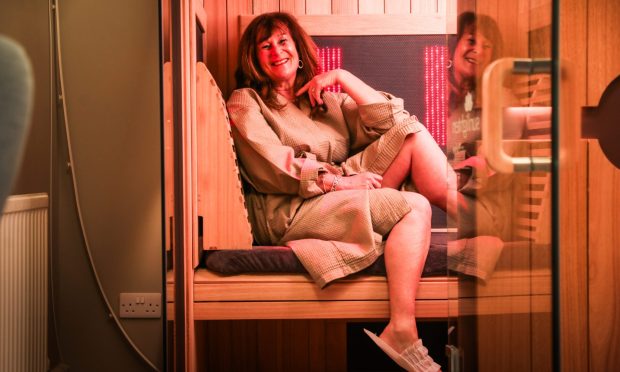


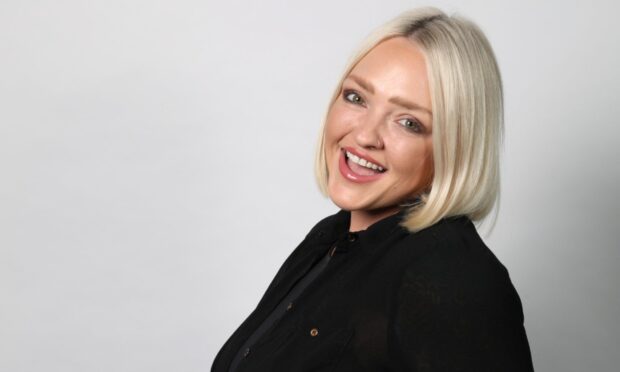





Conversation